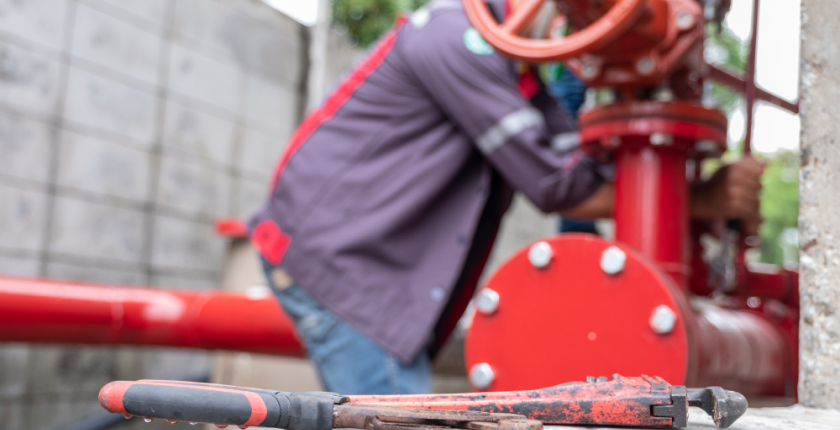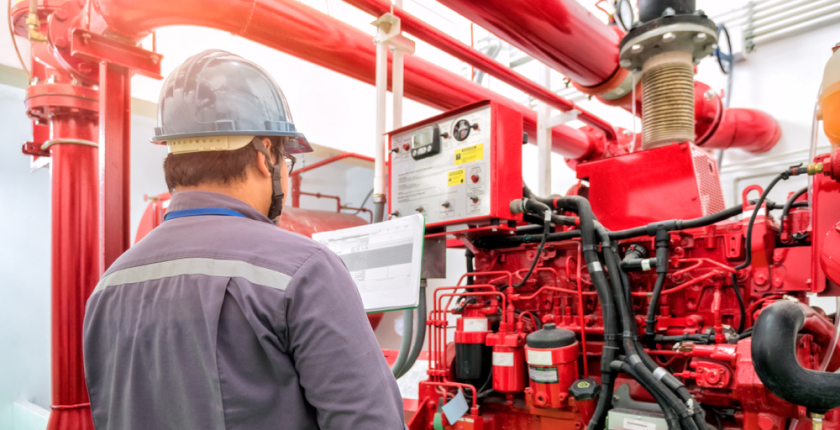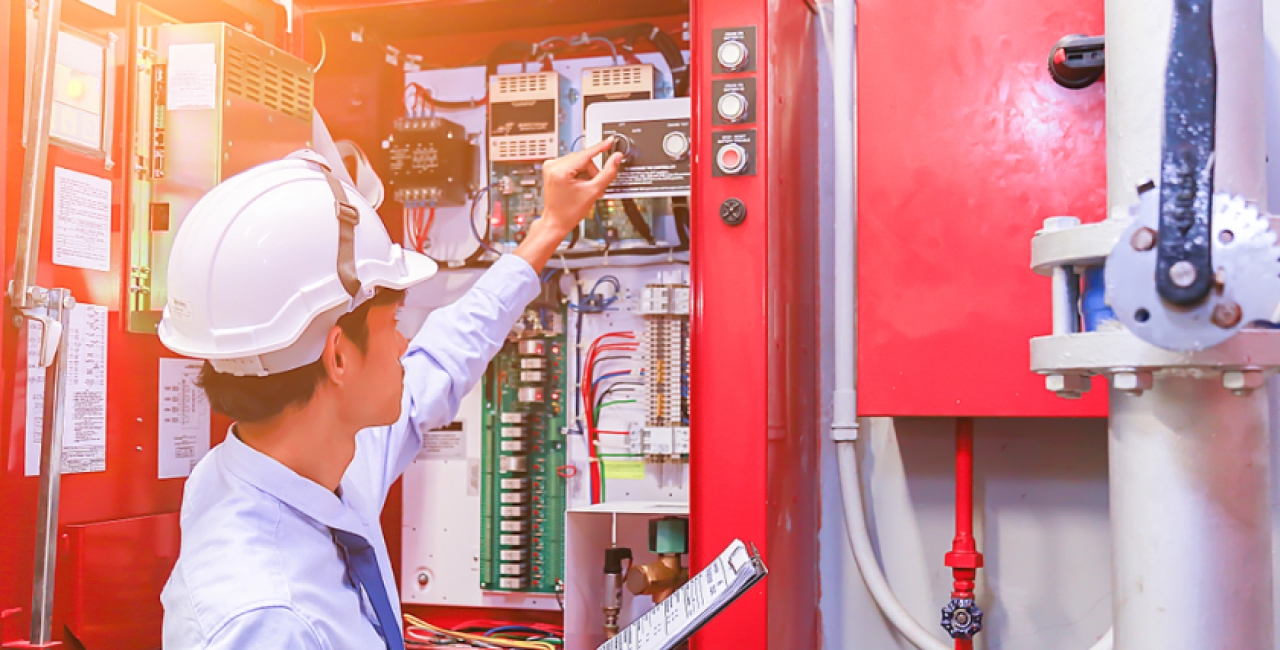Fire safety is a critical aspect of any building or establishment, and the importance of fire maintenance cannot be stressed enough. Neglecting fire safety measures can lead to catastrophic consequences, both in terms of loss of life and property damage. To ensure your safety and protect your investments, it's crucial to understand the best practices in fire maintenance. In this article, we'll explore the importance of fire maintenance and provide you with expert guidance on how to keep your premises secure.
Why Fire Maintenance Matters:
Title: "Fire Maintenance: Ensuring Your Safety with Expert Care"
Introduction:
Fire safety is a critical aspect of any building or establishment, and the importance of fire maintenance cannot be stressed enough. Neglecting fire safety measures can lead to catastrophic consequences, both in terms of loss of life and property damage. To ensure your safety and protect your investments, it's crucial to understand the best practices in fire maintenance. In this article, we'll explore the importance of fire maintenance and provide you with expert guidance on how to keep your premises secure.
Why Fire Maintenance Matters:
Legal Compliance: Fire safety regulations are stringent and vary from one jurisdiction to another. Compliance with these regulations is not only a legal obligation but also a moral responsibility. Regular fire maintenance ensures that your property adheres to local codes and standards, reducing the risk of legal consequences.
Life Safety: The primary goal of fire maintenance is to save lives. A well-maintained fire safety system, including smoke detectors, fire alarms, and fire extinguishers, can mean the difference between life and death in the event of a fire emergency.
Property Protection: Fire can cause extensive damage to your property, resulting in financial losses that can be difficult to recover from. Routine maintenance and inspections help identify and address potential fire hazards, minimizing the risk of costly property damage.
Best Practices in Fire Maintenance:
Regular Inspections: Conduct routine inspections of your fire safety equipment and systems. Ensure that fire extinguishers, smoke detectors, sprinkler systems, and emergency lighting are in working order. Schedule professional inspections annually to guarantee compliance and functionality.
Maintenance Schedule: Establish a maintenance schedule for all fire safety equipment. This schedule should include testing, servicing, and replacing outdated components. Document all maintenance activities for reference and regulatory compliance.
Employee Training: Properly train your employees on fire safety protocols. They should know how to use fire extinguishers, evacuate safely, and operate fire alarms. Regular training and drills keep everyone prepared for emergencies.
Fire Risk Assessment: Conduct a comprehensive fire risk assessment of your premises. Identify potential hazards, such as faulty wiring, flammable materials, or blocked exit routes. Address these issues promptly to reduce the risk of fire.
Emergency Response Plan: Develop and implement a robust emergency response plan. Ensure that all employees are aware of escape routes and assembly points. Practice fire drills regularly to evaluate the effectiveness of your plan.
Professional Assistance: Engage a reputable fire safety company to handle your fire maintenance needs. They have the expertise and experience to keep your systems up to code and your property safe.
Fire maintenance is not an option; it's a necessity for every business or property owner. By adhering to best practices in fire maintenance, you protect lives, property, and your reputation. Remember that prevention is always better than dealing with the aftermath of a fire. Make fire safety a top priority, and you'll enjoy peace of mind knowing that you've taken every measure to ensure the safety of your premises and its occupants.
Contact us for more information.





